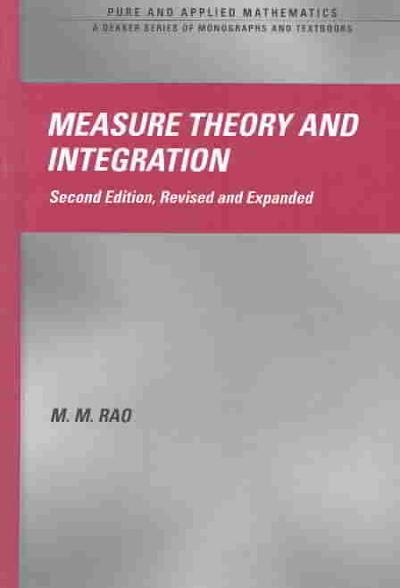Question
All firms struggle with the question of how to limit the number of defective items produced. One firm believes that the number of defectives depends
All firms struggle with the question of how to limit the number of defective items produced. One firm believes that the number of defectives depends upon three factors - the variation in temperature at the time of production, the rate at which items are being produced, and which shift produces the items (the morning shift believes the afternoon shift are less experienced and the afternoon shift believes the morning shift is less capable).
The quality control officer collected data over thirty (30) shifts on four variables:
- The number of defective items (per 1000 produced)
- The variation in the temperature during the shift
- The rate at which items were produced during the shift (number per hour)
- Whether or not the shift was the AM or PM shift (AM = 1, PM = 0)
The resulting regression output is provided in the table below:
Summary Output
Regression Statistics
Multiple R
0.948
R Squared
0.899
Adjusted R Squared
0.883
Standard Error
6.644
Observations
30
ANOVA df SS Ms F P- value
Regression 3 9825.75 3275.25 77.16 0.0001
Residual 26 1103.54 42.44
Total 29 10929.29
Coefficient Std. Errors t P - value (Two Tail)
Intercept -28.756 60.147 -0.448 0.658
Temperature 26.242 9.051 2.899 0.008
Rate 0.0508 0.126 0.403 0.682
AM/PM -1.746 0.803 -2.176 0.039
aState clearly the model which is to be tested as well as the estimated equation. Interpret all values.
b Conduct all of the necessary hypothesis tests to determine the usefulness of the model and variables. Write a brief report in NON TECHNICAL language summarising the results of these tests and what it means for maintaining quality.
cTo what extent does the model not explain the variation in the production of defectives. What statistic did you use to answer this question?
Question 5 continued overleaf
Question 5 continued
d What number of defectives would you expect (per 1000 items produced) for a PM shift in which the temperature variation was half a degree and the rate of production was 500 units per hour.
eState the assumptions of the model and describe a simple test we could use to test some of the assumptions of the model.
f Temperature is likely to be affected by the time of day. Suppose the correlation coefficient measuring the degree of relationship between the temperature and shift variables was equal to 0.9. Would this cause any problems for our estimation of the model and what is that called? What would you recommend as a possible action to take?
Step by Step Solution
There are 3 Steps involved in it
Step: 1

Get Instant Access to Expert-Tailored Solutions
See step-by-step solutions with expert insights and AI powered tools for academic success
Step: 2

Step: 3

Ace Your Homework with AI
Get the answers you need in no time with our AI-driven, step-by-step assistance
Get Started


